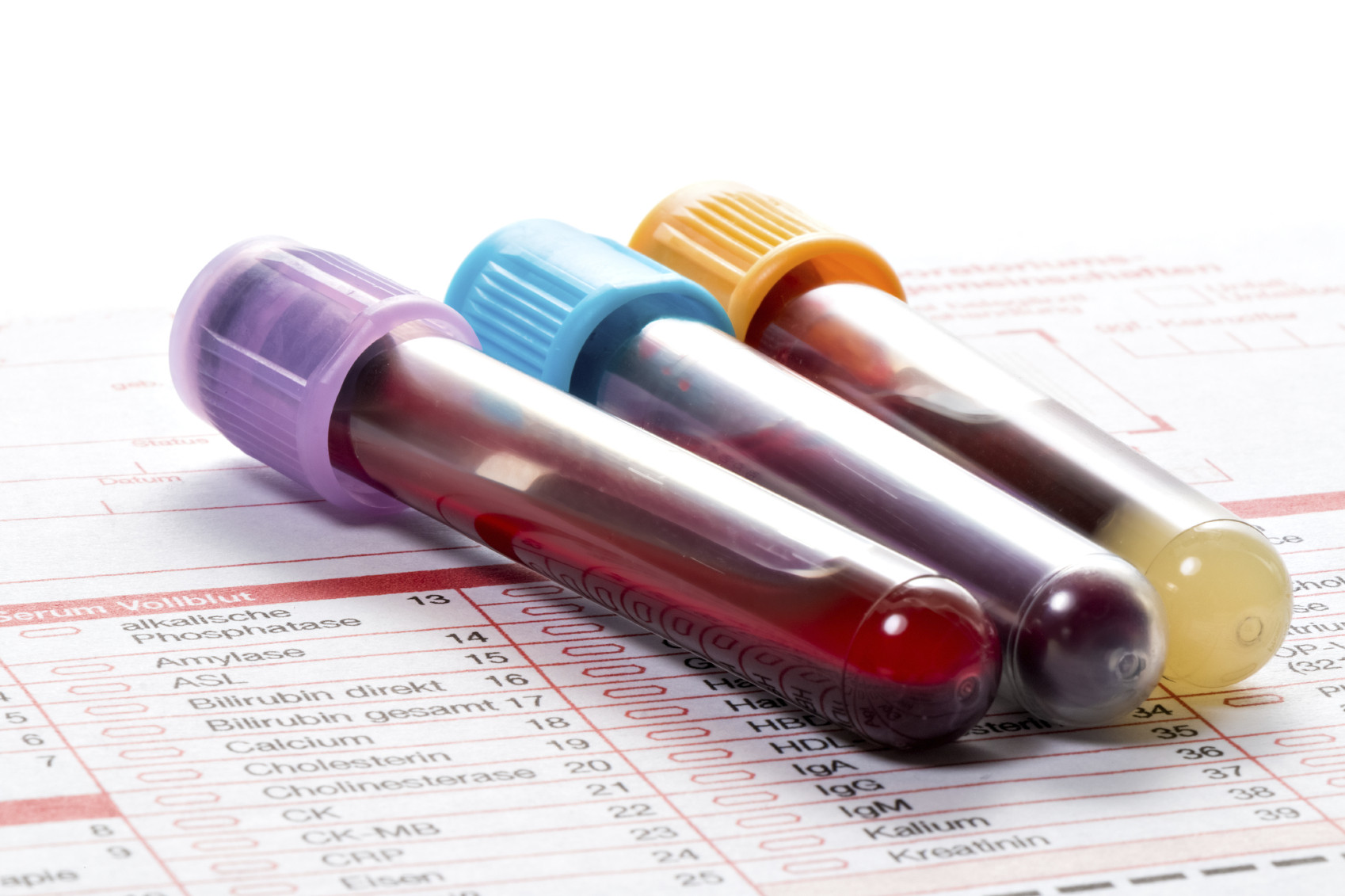
Where to do a general blood test in Batumi?
Any pathological process in the body affects our blood. Therefore, the general blood analysis is often one of the first diagnostic procedures prescribed by the doctor. So, where to do a general blood test in Batumi?
Why is it important to do a general blood test?
Blood taken from a vein is more informative and accurate than finger capillary blood analysis. When taking blood from a finger, there is always a possibility of blood inaccuracy. In addition, the volume of blood drawn from the finger is often limited, so it can be difficult to verify the results.
When is a general blood test prescribed?
General blood analysis is prescribed in the following cases:
- As part of a routine, annual medical examination, to assess the state of health.
- If necessary, before starting any course of treatment, for maximum effectiveness of treatment.
- In case of infectious diseases.
Description of blood analysis procedure:
In the blood collection process, a rubber band is placed on the patient's hand and they are asked to clench and then open their fist to increase blood flow. Until then, the skin in the elbow area is cleaned with an alcohol wipe, after which a needle is inserted into the vein. As a result, we get the required amount of blood, which is placed in special flasks.
After the mentioned procedure, a one-time sterile sticker is attached to the patient in the place of Nanemsari, which should be left on for 5-7 minutes. Different approaches are needed to understand different indicators of blood. Therefore, if different analyzes are needed, it becomes necessary to fill several flasks.
How to prepare for a blood test in Betumi?
If necessary, a blood test can be performed at any time of the day, regardless of whether you have eaten or not.
But according to the recommendation of doctors, it is preferable to take blood from a vein in the morning, on an empty stomach.
Why can't you eat before the blood test analysis?
After eating, the substances react with the blood, which indirectly affects various indicators. Therefore, for complete accuracy, it is recommended to pass the analysis on an empty stomach.
What should not be done before taking a blood test?
The doctor will definitely give a recommendation in advance on what procedure to undergo for the patient, before passing the blood test. First of all, as already mentioned, it is necessary to avoid taking food (if you will undergo a biochemical analysis) and it is also important not to have taken any unknown type of medication a few days before.
What can you drink before the general blood test?
Before the blood test, you can drink an unlimited amount of water.
Main indicators of general blood examination:
Hemoglobin is a protein found in red blood cells. Its main function is to supply the body with oxygen. Increased and decreased hemoglobin levels can indicate serious disorders: gastrointestinal tract problems, iron deficiency anemia, heart failure, etc.
Erythrocytes in a general blood test
Erythrocytes - the main function of erythrocytes is to transfer oxygen from the lungs to the tissues of the body and remove carbon dioxide in the reverse direction, the hemoglobin molecule helps them in this. However, in addition to participating in the breathing process, erythrocytes also perform the following functions: regulation of the acid-alkaline balance of the environment; maintenance of iso-osmotic pressure of blood and tissues; Absorption of amino acids, lipids from blood plasma and their transfer to tissues. It takes 10-12 days for erythrocytes to mature in the bone marrow.
Reticulocytes in a general blood test
Reticulocytes - are immature erythrocytes (red blood cells). As a rule, the determination of the number of reticulocytes is necessary to determine the adequacy of anemia and its treatment.
Platelet in a general blood test
Platelet - An irregular, disc-shaped element in the blood that helps blood clot. During normal blood clotting, platelets clump together (aggregate). Although platelets are often classified as blood cells, they are actually fragments of large bone marrow cells called megakaryocytes. A deviation from the normal level of platelets can indicate the presence of serious diseases.
"Erythrocyte sedimentation rate" may indirectly indicate the presence of an inflammatory process in the body.
Leukocytes in a general blood examination
Leukocytes are white blood cells. Their deficiency, among other things, may indicate the presence of an infectious disease.
Neutrophils are a type of leukocytes in the blood
Neutrophils are a type of leukocytes. It helps the body fight bacteria. Their reduced content may indicate the presence of a severe infection in the body. If other parameters of the blood are normal, an increase in the level of neutrophils does not indicate the presence of serious problems in the body.
General blood test and Lymphocytes
Lymphocytes - a small white blood cell (leukocyte) that plays a major role in protecting the body from diseases. Lymphocytes are responsible for immune responses.
Monocytes are a type of white blood cell
Their function is to cleanse the body and strengthen the immune system. An increase in their content may indicate an inflammatory or oncological disease.
Eosinophils are white blood cells that are responsible for destroying foreign proteins in the body. They increase during allergic diseases.
Sagittarius Clinic Batumi will give you a general blood analysis and give you all the necessary analysis of indicators. Make an appointment with our therapist via chat on this page or by phone 422279553!
